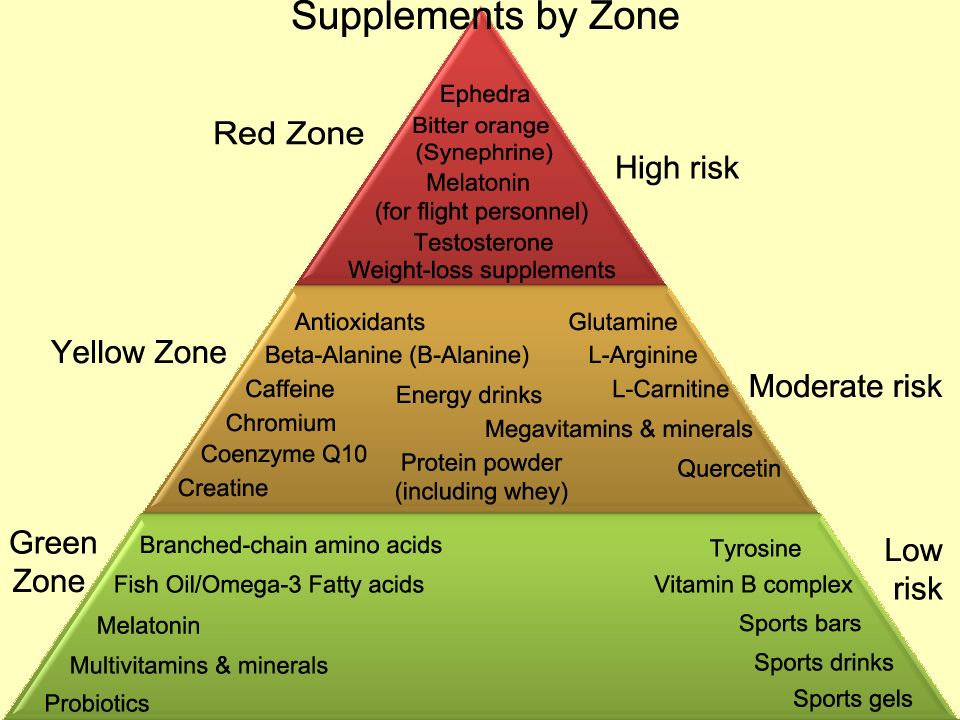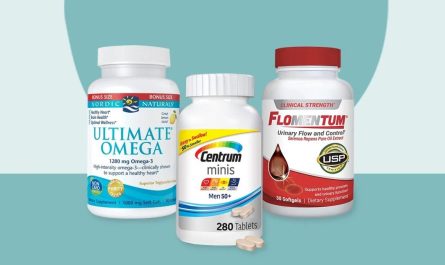Dietary supplements are products that are taken orally and contain ingredients like vitamins, minerals, herbs, amino acids, or other substances meant to supplement one’s diet. They come in various forms, including capsules, tablets, liquids, and powders. While they can help fill in nutritional gaps, they are not intended to replace a healthy diet.
The Benefits of Dietary Supplements
1. Improved Nutrient Intake: Many people do not get an adequate amount of essential nutrients from their diet alone. Supplements can help close this gap and ensure that the body is getting all the vitamins and minerals it needs to function properly.
2. Support for Overall Health: Certain supplements, such as omega-3 fatty acids and probiotics, have been shown to support heart health, gut health, and immune function. They can also help reduce inflammation and oxidative stress in the body.
3. Prevention of Deficiencies: Taking specific supplements can help prevent nutrient deficiencies, such as vitamin D deficiency, which can lead to various health issues like weakened bones and compromised immune function.
The Risks of Dietary Supplements
1. Possible Side Effects: Just because a supplement is natural does not mean it is always safe. Some supplements can cause side effects, such as digestive issues, allergic reactions, or interactions with medications. It is essential to consult with a healthcare provider before starting any new supplement regimen.
2. Quality Control Issues: The supplement industry is not tightly regulated, leading to variability in the quality and efficacy of products. Some supplements may contain harmful substances or not provide the intended health benefits. Look for products that have been tested by a third-party for quality and purity.
3. Risk of Overdosing: Taking high doses of certain supplements can be harmful to your health. For example, excessive intake of vitamin A can lead to liver damage, while too much iron can cause gastrointestinal issues. Always follow the recommended dosage guidelines on the supplement label.
Conclusion
Dietary supplements can offer numerous benefits to support overall health and fill in nutritional gaps. However, it is crucial to be aware of the risks associated with supplement use and take precautions to ensure their safety and effectiveness. Consult with a healthcare provider before adding any new supplements to your routine and prioritize high-quality products from reputable sources.




